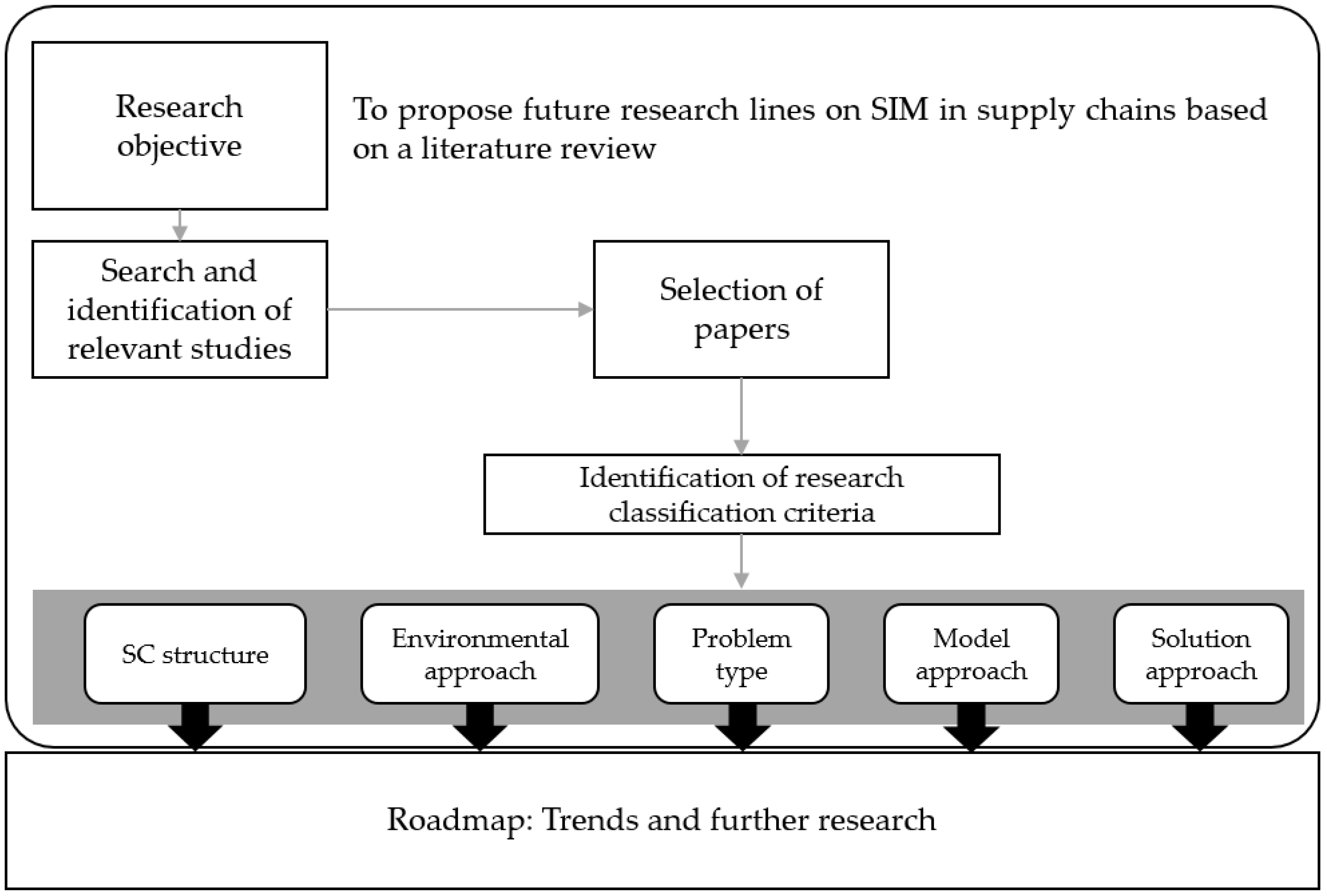Keeping It Green: The Importance of Sustainable Inventory Management
In today’s world, sustainability has become a key focus for businesses looking to make a positive impact on the environment. One area where sustainability plays a crucial role is inventory management. By implementing sustainable practices in inventory management, businesses can not only reduce their environmental footprint but also save costs and improve efficiency.
One of the main reasons why sustainable inventory management is so important is because it helps reduce waste. By keeping track of inventory levels and only ordering what is needed, businesses can avoid overstocking and prevent products from going to waste. This not only saves money but also reduces the amount of resources used in the production and transportation of goods.
Another key benefit of sustainable inventory management is the reduction of carbon emissions. By optimizing inventory levels and improving transportation logistics, businesses can minimize the amount of fuel used in the delivery of goods. This, in turn, helps reduce greenhouse gas emissions and lessen the impact of climate change.
Moreover, sustainable inventory management can also help promote ethical sourcing practices. By working with suppliers who prioritize sustainability and ethical labor practices, businesses can ensure that their products are produced in a responsible and environmentally friendly manner. This not only benefits the environment but also enhances the reputation of the business among eco-conscious consumers.

Image Source: mdpi.com
In addition to reducing waste and carbon emissions, sustainable inventory management can also lead to cost savings for businesses. By optimizing inventory levels and streamlining processes, businesses can reduce storage costs, minimize losses from expired or damaged products, and improve overall efficiency. This can result in significant cost savings over time, allowing businesses to invest in other areas of their operations.
Furthermore, sustainable inventory management can also play a role in promoting circular economy practices. By implementing strategies such as recycling, reusing, and refurbishing products, businesses can extend the lifespan of their inventory and reduce the need for new resources. This not only reduces waste but also fosters a more sustainable approach to production and consumption.
Overall, the importance of sustainable inventory management cannot be overstated. By implementing sustainable practices in inventory management, businesses can reduce waste, lower carbon emissions, promote ethical sourcing, save costs, and support the transition to a more circular economy. Ultimately, by keeping it green in inventory management, businesses can play a crucial role in promoting sustainability and making a positive impact on the environment.
Eco-Friendly Inventory Practices for a Brighter Future
In today’s fast-paced world, businesses are constantly striving to find ways to become more sustainable and environmentally friendly. One key area where companies can make a significant impact is in their inventory management practices. By implementing eco-friendly inventory practices, businesses can not only reduce their carbon footprint but also promote sustainability for a brighter future.
One crucial aspect of eco-friendly inventory practices is the reduction of waste. By carefully monitoring inventory levels and implementing just-in-time inventory systems, businesses can minimize excess inventory that often ends up in landfills. This not only helps to reduce waste but also saves businesses money by eliminating the need to dispose of unsold or expired products.
Another important aspect of eco-friendly inventory practices is the use of sustainable packaging materials. By opting for biodegradable or recycled packaging materials, businesses can reduce their environmental impact and contribute to a healthier planet. Additionally, using reusable packaging materials can help to further minimize waste and promote sustainability in the long run.
In addition to reducing waste and using sustainable packaging materials, businesses can also promote sustainability through responsible sourcing practices. By partnering with suppliers who share their commitment to environmental stewardship, businesses can ensure that their products are produced in an eco-friendly and ethical manner. This not only benefits the environment but also builds trust with environmentally-conscious consumers.
Furthermore, businesses can also promote sustainability through energy-efficient inventory management practices. By optimizing warehouse layouts, investing in energy-efficient lighting and equipment, and implementing temperature control systems, businesses can reduce their energy consumption and lower their carbon emissions. This not only helps to protect the environment but also saves businesses money in the long run.
Incorporating eco-friendly inventory practices into business operations can have a significant impact on the environment and society as a whole. By reducing waste, using sustainable packaging materials, practicing responsible sourcing, and implementing energy-efficient practices, businesses can contribute to a more sustainable future for generations to come. So, let’s embrace eco-friendly inventory practices for a brighter future!
The Role of Inventory Management in Sustainability